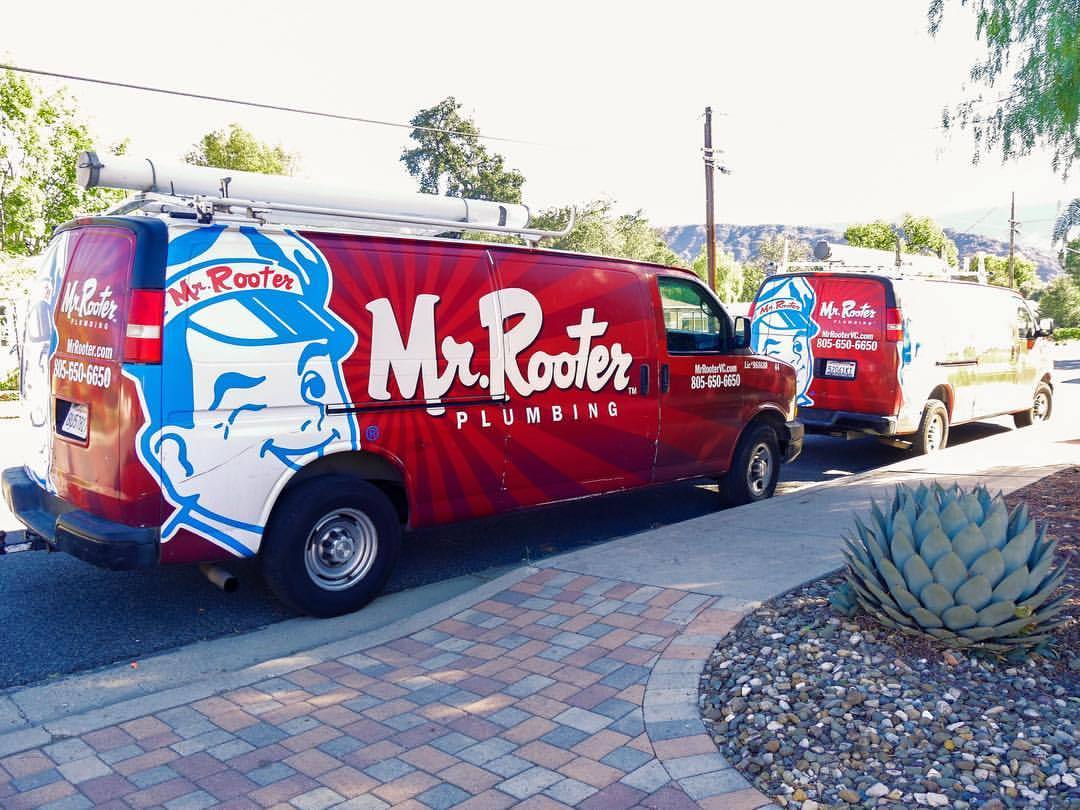
December 07/2022
Residential vs. Industrial Plumbing: What's The Difference?
It may seem like all types of plumbing fall under one big category, but that’s not the case. In this article, we will outline the main differences between residential plumbing and industrial plumbing.
Size and Durability of the Plumbing System
The sheer size of an industrial plumbing system is massive compared to that of a residential plumbing system. This is because industrial plumbing systems are laid out in large buildings and cater to more users. Industrial setups have more toilets, sinks, urinals, outlets, and pipes. As a result of more usage of industrial plumbing systems, higher-grade fixtures with longer durability should be used.
Difference in Complexity
A residential plumbing system has a simple layout because the average American home is roughly 2,500 square feet. In a home with a few sinks and toilets, it’s going to be fairly easy to map out the plumbing system. This makes it easier for a plumber to make plumbing repairs and replacements. On the other hand, industrial plumbing systems are a lot more complex because plumbing fixtures are spread out over multiple floors. There are miles of pipes, dozens of toilets on every floor, loads of sinks, and many other plumbing fixtures. Plumbers who specialize in industrial plumbing have a deeper understanding of this complexity and have the right tools and skillset to handle the plumbing issues that may arise in industrial setups.
Code Requirements
Both residential and industrial properties are subject to certain plumbing code requirements, but industrial buildings have special code requirements that govern the materials, sizes, and installation of plumbing.
Usage Demand
In industrial setups, the daily usage of plumbing systems is greater compared to that of residential homes. Industrial plumbing systems may serve hundreds of people every day, so they take more use and abuse than residential plumbing systems, which cater to a handful of people. Even though industrial plumbing systems use higher-grade and more durable fixtures, they require more frequent maintenance to keep them in good working order.
Potential for Damage
The potential for damage in an industrial plumbing system greatly increases because of its complex architecture and the higher number of people using the systems. Residential plumbing systems tend to have a simple layout, while industrial facilities have miles of interconnected piping spread out over dozens of floors. If you have a leak or a burst pipe in a residential home, there’s a limited amount of damage that can be done. By contrast, pipes in industrial buildings are larger and the water pressure is higher, so a burst pipe in an industrial facility with multiple floors can drench several floors and cause expensive water damage. Also, plumbing leaks in industrial facilities are harder to detect.
Need Residential or Industrial Plumbing Service? Call Mr Rooter Plumbing Today
If you are looking for skilled and experienced plumbers to help you with your residential or industrial plumbing needs, call Mr. Rooter Plumbing today. Our plumbers have the knowledge, skills, and tools to handle all of your residential and industrial plumbing service needs.




